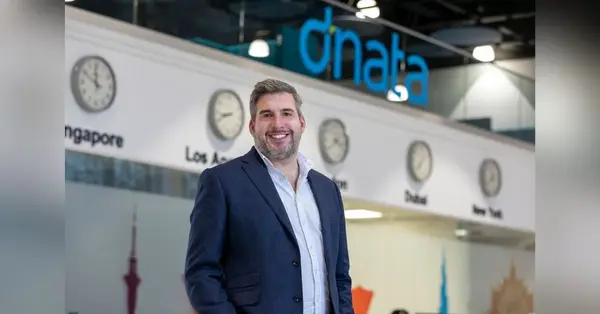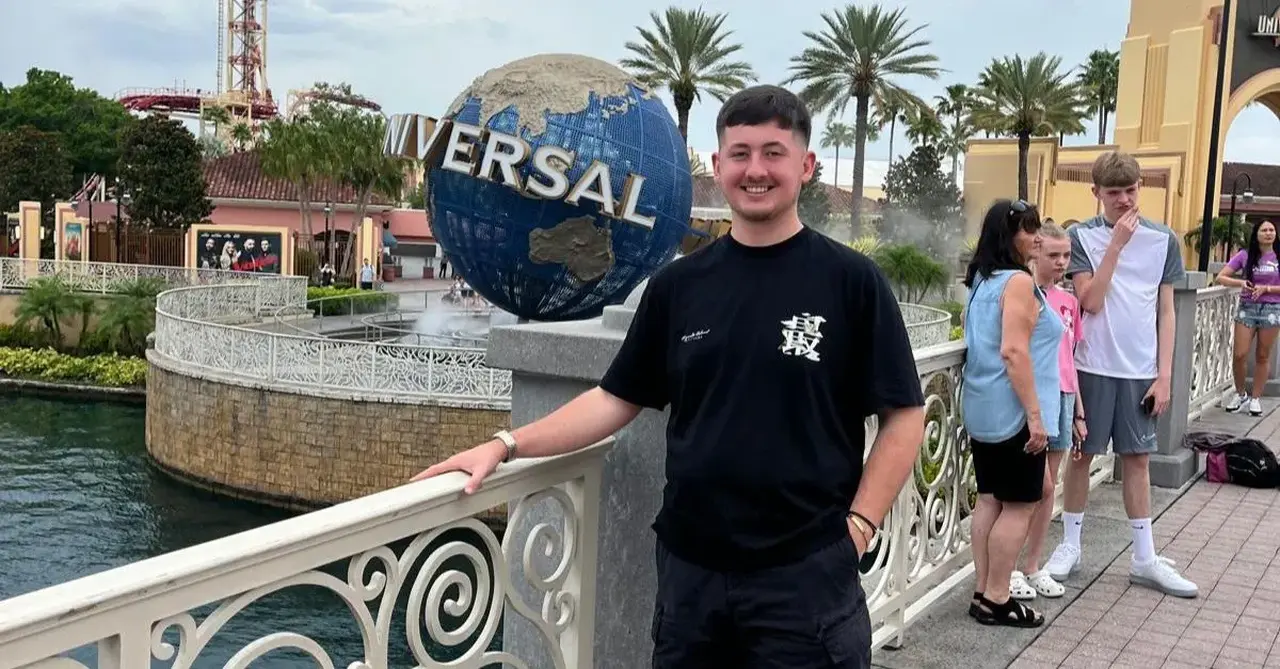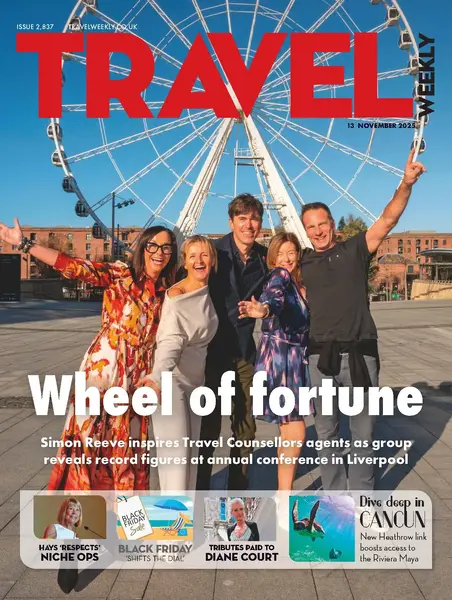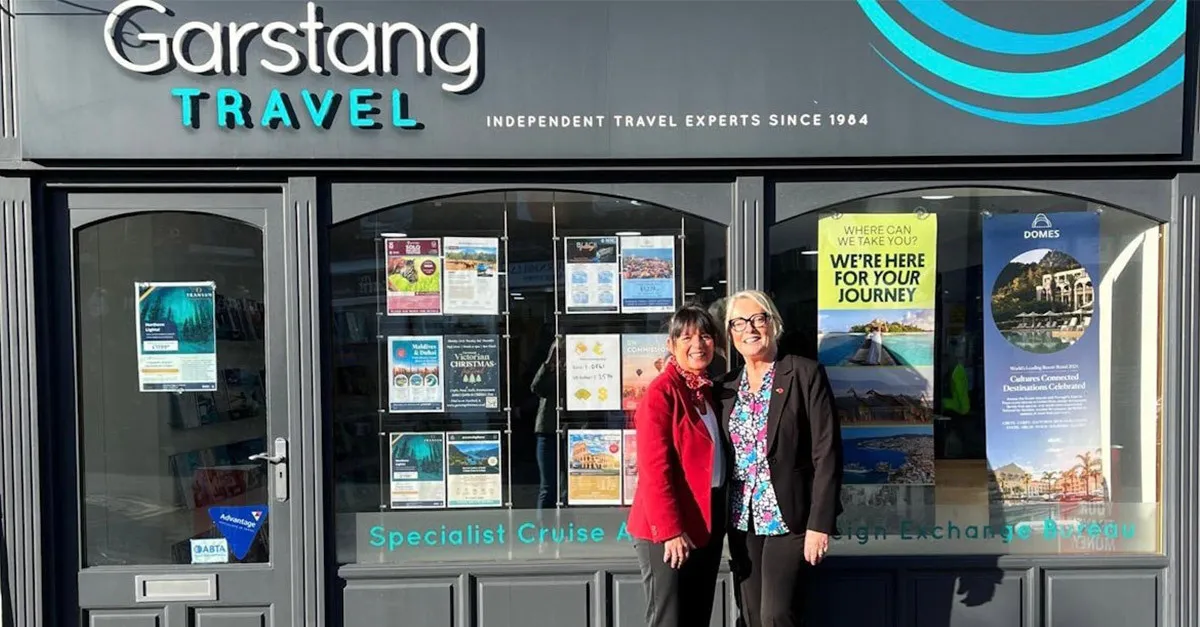You are viewing 2 of your 2 free articles
'Aggressive operator discounting' prompts slower revenue growth, says RateHawk
RateHawk has reported a strong performance from the UK market but “slower” growth in revenue caused by a trend of consumers choosing “budget-conscious options”.
The manging director of the B2B booking platform said the rise in shorter but more frequent trips is due to concerns over the economy and “aggressive discounting” from tour operators.
Speaking to Travel Weekly at World Travel Market in London, Astrid Kastberg reported growth of 35% in the number of bookings in the UK market for the third quarter of 2025 versus last year, compared with 22% growth in net booking value.
She said: “Revenue has been slower – we’re seeing a trend in the market of more bookings but at a lower average transaction value.
“It seems like tour operators are being quite aggressive when it comes to discounting. There’s been a lot of free child stays and other such offers which has made the last-minute segment really competitive compared with previous years.”
RateHawk booking data reveals the average daily rate of hotel stays is now £199, down from £206 last year, and the average length of stay is three nights compared with four.
Kastberg pointed to several industry studies that highlight “one of the last things people will sacrifice is a holiday” but added: “In times of uncertainty, it’s only logical that people will be looking for cheaper holidays.”
She hailed a 45% year-on-year increase in RateHawk’s global partner network compared with the third quarter of 2024, meaning the company now works with 110,000 companies across its 120 markets.
This has contributed to a “transformative year” for RateHawk and its parent, Emerging Travel Group, explained Kastberg, who added the company is optimistic it can continue its upward trajectory in 2026, particularly in the UK and Asia-Pacific (APAC) markets.
RateHawk formed several new partnerships in the UK market this year, including with The Travel Network Group (TTNG) in April, as it looked to strengthen its agent network in the market.
Kastberg said the company is “always focusing on our pipeline and looking to grow it” while also developing existing partnerships.
She identified “fragmentation” as the biggest challenge facing agents as she predicted artificial intelligence to enhance rather than replace jobs.
“There are all these platforms that will compare different websites to find you the best price and figure out what what’s out there, so it’s a case of making sure you become the easiest supplier to work with,” she said.
“I don’t believe AI will replace jobs; it will speed up [tasks] and make them easier. We’re doing a lot of work with AI on our website to make the price comparison quick and easy. A lot of our efforts of development go into finding tools that facilitate that.”


















